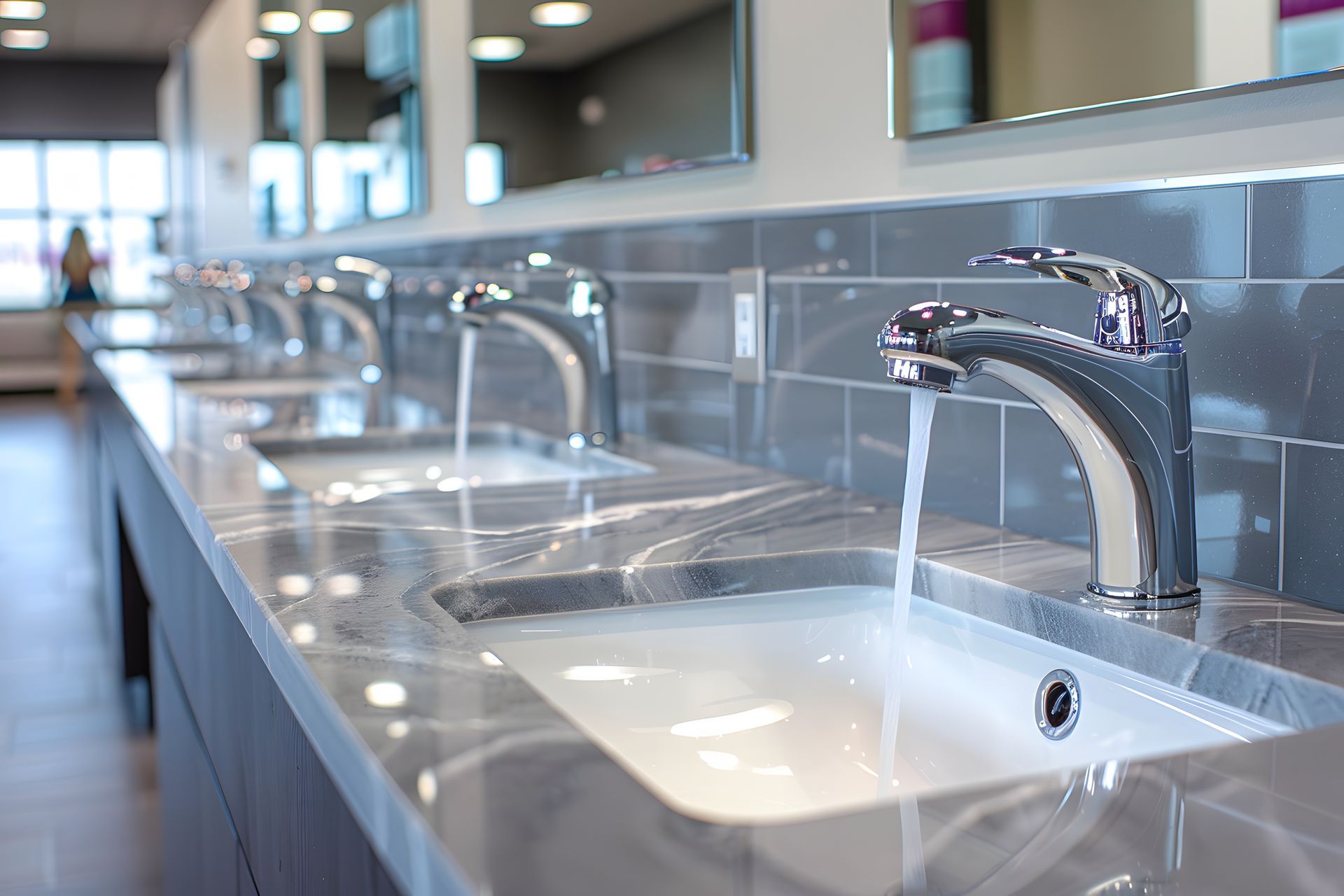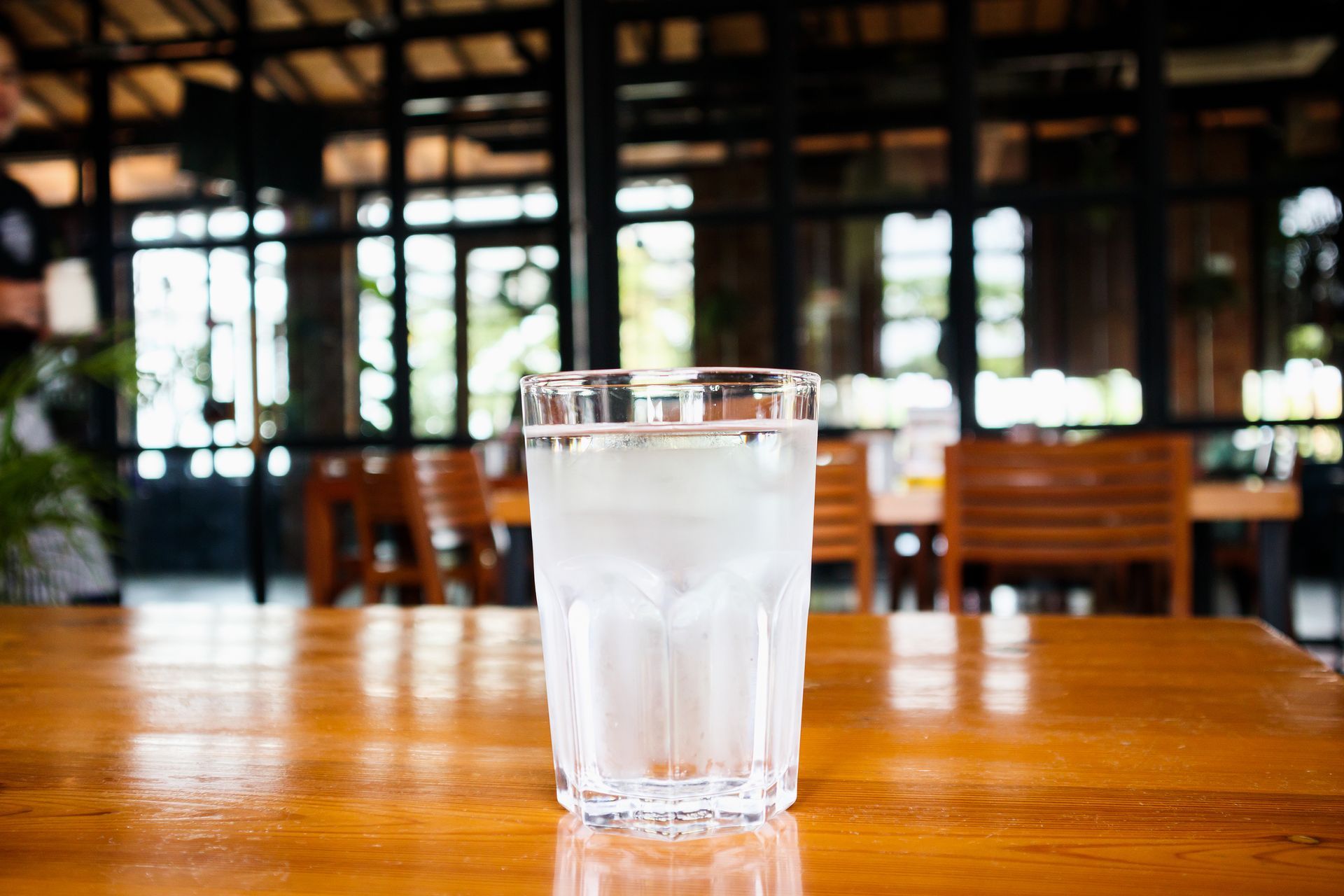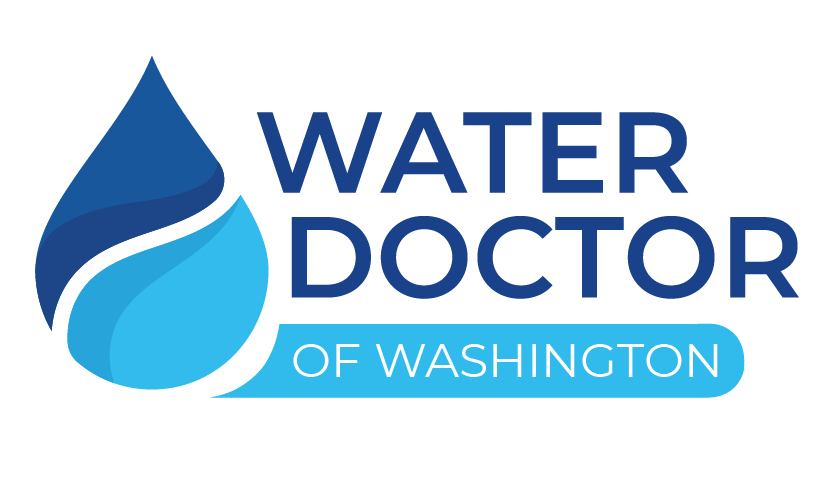Understanding PFAS Removal
Why Refrigerator Pitchers and Other Filters Might Not Suffice
In recent years, concerns over PFAS (per- and polyfluoroalkyl substances) contamination in drinking water have escalated, prompting many individuals to seek ways to protect themselves and their families. One common solution often considered is the use of refrigerator pitchers or other types of filtration systems readily available on the market. However, it's essential to understand that not all filtration methods are created equal when it comes to effectively removing PFAS from water. In this article, we'll delve into why refrigerator pitchers with filters, along with other common filtration methods like in-line fridge filters or faucet filters, may not be sufficient. Instead, we'll focus on the EPA-approved methods of removal: Ion Exchange, Activated Carbon, and High-Pressure Membrane (Reverse Osmosis).
The Limitations of Refrigerator Pitchers and Other Filters:
Refrigerator pitchers with built-in filters have become a popular choice for many households seeking to improve the taste and quality of their drinking water. These pitchers typically utilize activated carbon filters, which are effective at reducing certain contaminants, such as chlorine, sediment, and odors.
However, when it comes to PFAS removal, these filters may fall short.
Research conducted by the Environmental Working Group (EWG) has revealed that refrigerator pitchers with standard activated carbon filters are not capable of effectively removing PFAS from water. While these filters may reduce some PFAS levels, they are not designed specifically for PFAS removal and may leave significant amounts of these harmful substances in the water.
Similarly, other filtration methods commonly used in households, such as in-line fridge filters or faucet-mounted filters, may also prove inadequate in addressing PFAS contamination. These filters typically employ similar mechanisms, relying on activated carbon or other media to trap contaminants. However, PFAS compounds are known for their persistence and resistance to traditional filtration methods, making them challenging to remove completely.
EPA-Approved Methods of PFAS Removal:
When it comes to addressing PFAS contamination in drinking water, it's crucial to rely on methods that have been rigorously tested and approved by regulatory authorities. The U.S. Environmental Protection Agency (EPA) has identified several treatment technologies that are effective in removing PFAS from water.
- Ion Exchange:
Ion exchange is a water treatment process that involves the exchange of ions between a resin material and the water passing through it. In the case of PFAS removal, ion exchange resins are specifically designed to attract and capture PFAS compounds, effectively removing them from the water. This method has been recognized by the EPA as one of the most effective ways to treat PFAS-contaminated water.
- Activated Carbon:
Activated carbon filtration is another widely used method for removing PFAS from water. Activated carbon works by adsorbing organic contaminants onto its surface, effectively trapping them as the water passes through. However, it's important to note that not all activated carbon filters are equally effective at removing PFAS. Specialized activated carbon formulations designed for PFAS removal are necessary to achieve optimal results.
- High-Pressure Membrane (Reverse Osmosis):
Reverse osmosis (RO) is a water purification process that utilizes a semi-permeable membrane to remove contaminants from water. In the case of PFAS removal, high-pressure membrane systems, such as reverse osmosis, have been shown to effectively filter out PFAS compounds, ensuring that the water produced is safe for consumption. RO systems are capable of removing a wide range of contaminants, including PFAS, providing comprehensive water treatment.
Conclusion:
While refrigerator pitchers and other common filtration methods may offer some level of water purification, they are often insufficient when it comes to effectively removing PFAS contaminants. For comprehensive PFAS removal, it's essential to rely on EPA-approved methods such as ion exchange, activated carbon, and high-pressure membrane systems like reverse osmosis. By understanding the limitations of conventional filtration methods and embracing proven treatment technologies, individuals can take proactive steps to safeguard their health and well-being against the risks posed by PFAS contamination in drinking water.












